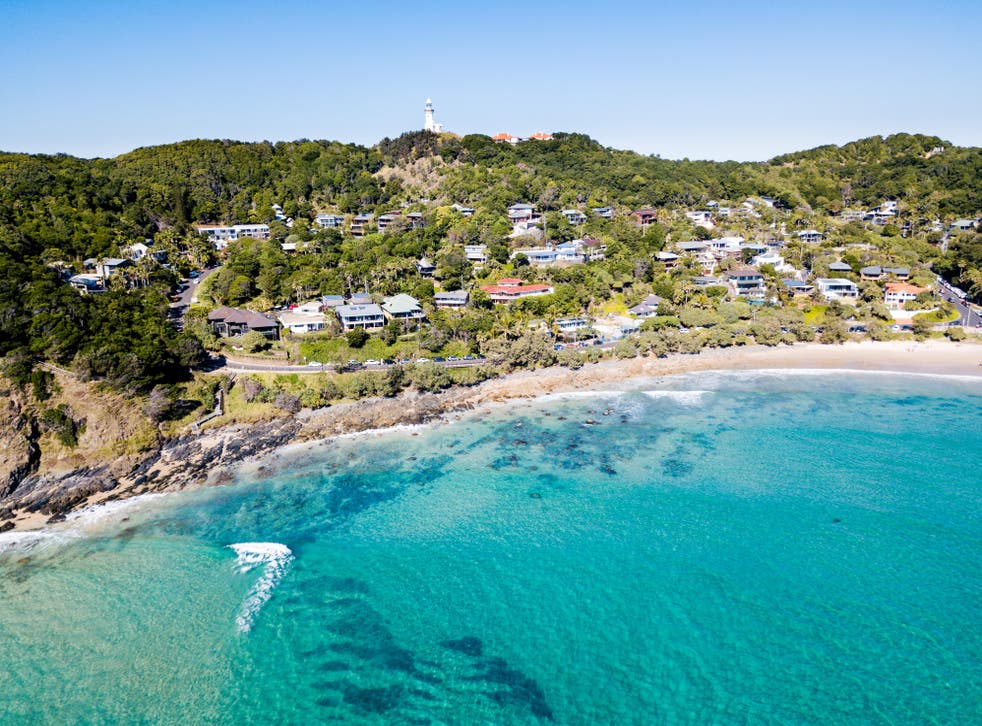
Social Futures has provided emergency accommodation in Byron Bay to more than 100 people who were sleeping rough.
Social Futures has provided emergency accommodation in Byron Bay to more than 100 people who were sleeping rough.
Social Futures operates one crisis-accommodation house and two transitional share-house properties in the Byron Bay Shire. (Byron Bay has the second largest population in the state outside of the Sydney CBD, according to a NSW study released this year.)
Since 2015, 103 people have entered Social Futures emergency accommodation, staying for up to three months.
Social Futures CEO Tony Davies said his organisation has ten beds in three properties in Byron and employs three homeless support workers.
“Many people think of Byron Bay as a celebrity haven – a playground for the rich and famous – and a new reality TV show about Byron’s luxury real estate market will only re-enforce that image,” Mr Davies said.
“But there are also many people in Byron with no place to call home and it’s getting harder and harder for support services like ours to find permanent accommodation for people in need – still we refuse to be defeated.”
Mr Davies said the age of people who have needed Social Futures’ crisis accommodation ranged from 25 to 81 years.
“People find themselves homeless for many different reasons,” he said.
“We have worked with individuals who were previously successful businesspeople, women fleeing domestic violence, and parents, who have placed their children with friends and family, while they try to get back on their feet.
“We have also helped people with a history of mental illness and substance abuse, individuals re-entering the community after a time of incarceration, and people exiting rehabilitation and mental health facilities.
“Most people we helped were sleeping rough on the streets, or in tents at either registered campgrounds or in the bush, or they were living in their cars.”
Mr Davies said people who entered Social Futures crisis accommodation were supported by housing workers to find a permanent home, and their need for other supports was assessed.
“Of the 103 people who entered our crisis accommodation program, 40 secured homes in either social housing, share houses or rented properties,” Mr Davies said. “30 went into transitional housing, including mental health specific transitional properties, three went to live with family, and five went into long-term rehabilitation for substance abuse. 27 choose to leave without finding permanent shelter.”
Mr Davies said the flow of people moving from cities into regional Australia was putting more stress on Byron Bay’s already overheated real estate market, meaning there were few rental properties, and the cost of rent had skyrocketed. (Net migration from Sydney to regional NSW doubled in the 12 months to March 2021.)
“Many regional coastal towns are facing unprecedented housing pressures in the pandemic,” he said.
“Tweed Heads, Port Macquarie and Ballina all have vacancy rates of between 0.1 to 0.3 per cent, meaning it’s pretty much impossible to find a house in those towns.
“Rental rates are also at record lows in regional towns like Ballarat and Bendigo in Victoria and Gympie and Bundaberg in Queensland – and there is a new cohort of homelessness in regional Australia. People who are often employed, with a rental or home ownership history, yet they have been pushed out of the current rental market purely due to high demand and very limited supply.”
Mr Davies said the solution to regional housing stress needed to be multi-pronged.
“Social Futures is also calling for more investment in social housing to take pressure off the over-heated private market.
“I’d also like to see surplus public land suitable for residential development identified and we need to follow Western Australia’s lead and end ‘land banking’ – when privately owned blocks approved for development remain empty.
“And we’d like to see a cap on holiday letting – cut the number of days residential properties can be on Airbnb being leased as holiday homes. This is much needed in regional coastal towns. Emergency housing support services, like ours, also must be strengthened by an injection of funds.
“We need action now because the nation’s 180 housing support services will all tell you that the situation in regional Australia is only going to get worse.”